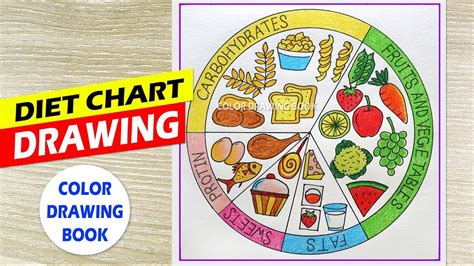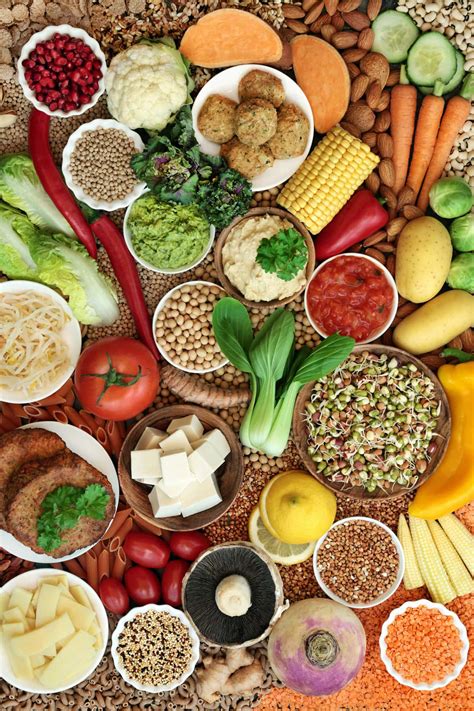Nutrition for testosterone optimization and vitality?

Testosterone, often synonymous with male health, plays a pivotal role far beyond muscle mass and libido. It influences energy levels, mood, cognitive function, bone density, and overall vitality. While many factors contribute to healthy testosterone levels, nutrition stands out as a powerful, modifiable lever. Understanding how diet impacts this crucial hormone can empower individuals to make choices that support not only hormonal balance but also long-term health and vigor.
Understanding the Testosterone-Nutrition Connection
Your diet provides the building blocks for hormones and regulates the complex biochemical pathways involved in their production and metabolism. Nutrient deficiencies, chronic inflammation, and imbalances in blood sugar can all negatively impact testosterone synthesis and utilization. Conversely, a diet rich in essential micronutrients and healthy macronutrients can create an optimal environment for hormone production, helping to maintain healthy levels and prevent age-related decline.

Key Nutrients for Testosterone Support
Certain vitamins and minerals are directly involved in testosterone production and regulation. Ensuring adequate intake of these can be a game-changer.
Zinc
Crucial for testosterone synthesis, zinc deficiency is directly linked to reduced levels. It also plays a role in immune function and protein synthesis.
Vitamin D
More than just a vitamin, Vitamin D acts like a steroid hormone in the body. Research consistently shows a correlation between adequate Vitamin D levels and higher testosterone.
Magnesium
This mineral is vital for over 300 enzymatic reactions, including those involved in testosterone production. It also helps improve sleep quality, which is essential for hormone regulation.
Healthy Fats (Monounsaturated & Polyunsaturated)
Cholesterol, derived from dietary fats, is the precursor to testosterone. Adequate intake of healthy fats, particularly monounsaturated and omega-3 polyunsaturated fats, is essential for hormone synthesis.

Foods to Prioritize
Building a testosterone-friendly diet involves focusing on whole, unprocessed foods that provide a broad spectrum of nutrients:
- Lean Proteins: Beef (especially grass-fed), poultry, eggs, fish, and legumes provide amino acids and essential nutrients like zinc and selenium.
- Healthy Fats: Avocados, nuts (almonds, walnuts), seeds (chia, flax, pumpkin), olive oil, and fatty fish (salmon, mackerel) are rich in beneficial fats and omega-3s.
- Leafy Greens & Cruciferous Vegetables: Spinach, kale, broccoli, and Brussels sprouts are packed with vitamins, minerals, and compounds that help excrete excess estrogen, supporting a healthy testosterone-to-estrogen balance.
- Whole Grains: Oats, quinoa, and brown rice provide complex carbohydrates for sustained energy and fiber for gut health, indirectly supporting hormone balance.
Foods to Limit or Avoid
Just as important as what you include is what you limit or avoid:
- Processed Foods & Refined Sugars: These can lead to insulin resistance, inflammation, and weight gain, all of which negatively impact testosterone.
- Unhealthy Fats: Trans fats and excessive amounts of saturated fats from processed foods can disrupt hormone production and increase inflammation.
- Excessive Alcohol: Chronic heavy alcohol consumption is known to impair testosterone production and increase estrogen.

Beyond Diet: Lifestyle for Vitality
While nutrition is foundational, a holistic approach includes other lifestyle pillars. Regular resistance training and high-intensity interval training (HIIT) have been shown to boost testosterone. Adequate sleep (7-9 hours per night) is critical, as a significant portion of testosterone production occurs during deep sleep. Managing stress through mindfulness, meditation, or hobbies can also prevent cortisol (the stress hormone) from suppressing testosterone.

Crafting a Testosterone-Friendly Meal Plan
Integrating these principles into your daily life doesn’t have to be complicated. Focus on balanced meals with a good source of lean protein, healthy fats, complex carbohydrates, and plenty of vegetables. For breakfast, consider eggs with avocado and spinach. Lunch could be a salad with grilled chicken, nuts, and olive oil dressing. Dinner might feature salmon with quinoa and steamed broccoli. Snacking on seeds, nuts, or Greek yogurt can further support your nutritional goals.

Conclusion
Optimizing testosterone and enhancing overall vitality through nutrition is an accessible and powerful strategy. By prioritizing nutrient-dense whole foods, ensuring adequate intake of key vitamins and minerals like zinc, Vitamin D, and magnesium, and limiting inflammatory processed foods, you can significantly support your body’s natural hormone production. Coupled with a healthy lifestyle that includes exercise, quality sleep, and stress management, a targeted nutritional approach forms a robust foundation for enduring energy, well-being, and hormonal health.








